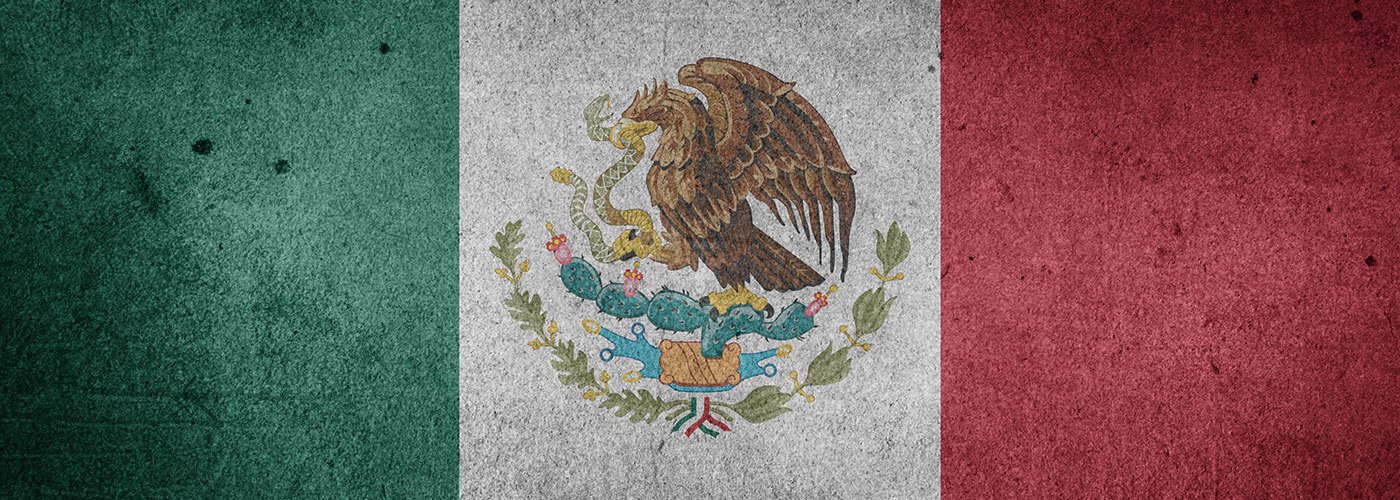The new Mexican government’s “people power” rattled markets
Mexican assets slumped last spring when polls indicated that leftist candidate, Andrés Manuel López Obrador, dubbed AMLO, was leading the presidential race. Mexico’s financial markets cheered AMLO’s landslide victory, as his conciliatory tone about his populist agenda forced investors to reassess investment opportunities in the country. However, in October 2018, he rattled markets by holding a “people’s poll” to decide the fate of Mexico City’s new $13 billion airport which was already under construction. The project was canceled on October 29, following its rejection in the poll which involved a mere 1% of Mexico’s population. Mexican stocks and bonds have been hit hard since, in fear that the incoming government is not market-friendly. As a result, the Mexican Peso, one of the best performing emerging market currencies in early 2018, began to depreciate against the US dollar. It tanked more than 12% since mid-April and around 8 % since October, last year. Mexico’s stock index benchmark has dropped over 18%, and government 10-year benchmark bond yield widened more than 110bps since October 2018 and peaked around 9%.
In particular, the five-year credit default swap (CDS) of countries with populist governments has increased considerably since the administration took over the office. The chart below depicts the increased risk in the economies – Italy, Hungary, Mexico, and the USA– over a period of time, after the populist government took charge of these economies.

Source: – Thomson Reuters
USA, Italy, Hungary, and Mexico have a populist government while France is centrist.
Populism hits hard on energy, banking, and mining sectors
The bond price of the state-owned oil giant Petróleos Mexicanos (PEMEX) also reflected the market concerns about policy uncertainty and populist agenda, as López Obrador ignores addressing the decline in crude oil production and plans to change the business model of Pemex radically. He aims to eventually forestall oil exports and feed it to Mexico’s ailing refineries, to meet the liquid fuel demand of Mexico. He also intended to change the energy reforms introduced in 2014, with the cancellation of the auction for new exploration and production contracts, aimed at boosting economic investment. To appease his voters, he pledged 50 billion Mexican Pesos in the construction of a new refinery in his home state of Tabasco.
The financial sector’s stocks and bonds came under severe pressure as market fears erupted when Richard Monrela, the leader of López Obrador’s party in the Senate, pushed a bill to abolish few basic banking-related fees. It raised concerns that the new government will tighten banking regulations. Investors were spooked by fears about stricter rules in the new regime, when a senator in López Obrador’s Morena party, called for new laws in the mining sector that would allow the government to set up protected areas where mining would be prohibited. Foreign investors are shying away from Mexico as policy-related uncertainties flare up.
Will Mexico benefit from populism?
With a considerable dent in investor confidence, the question naturally arises – will Lopez be able to move the economy with his populist agenda? When Donald Trump (populist leader) was appointed as US President, the US economy was in good shape and could absorb fiscal shocks from populist measures. But Mexico is not the US, and López Obrador, like many other populists, has been vague and contradictory in his policies. He wooed voters by making outrageous promises, including billions of dollars in new spending on social programs, which is hard to square with the economic reality as he also claimed not to raise government debt.
Interestingly, the new government’s budget last weekend met consensus expectations in which the Finance Minister forecasted a primary budget surplus of 1% without any new taxes. The key question remains as to whether the administration will stay firmly committed to the agreed objectives? Or like many populist leaders in the past, Lopez will also choose to be centrist once he faces the harsh reality?









